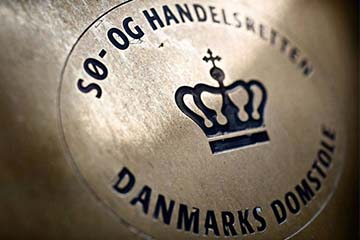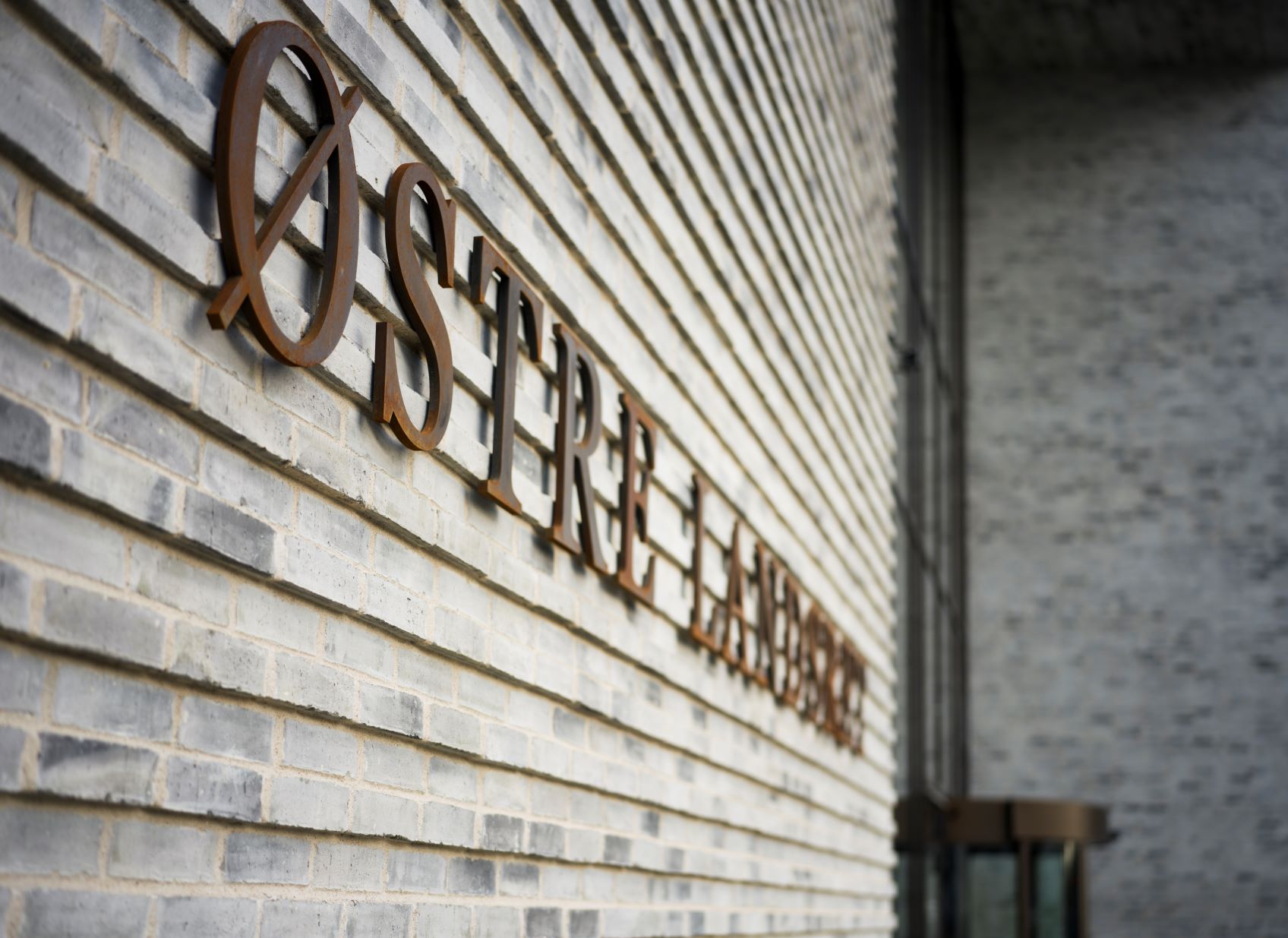Trade secrets - new Danish Act will offer better protection against abuse
New rules on trade secrets that have just gone out for consultation will offer better protection against abuse. Plesner has taken a closer look at the bill and examines the most important elements for Danish businesses below.
On 6 October 2017 the Danish Patent and Trademark Office sent a draft bill for a completely new Act on trade secrets out for consultation (read the bill - in Danish). The bill implements the Directive of the European Parliament and the Council on the protection of trade secrets (read the Directive), the purpose of which is to protect trade secrets and create a uniform regulatory framework for businesses across the EU.
Implementation of the Directive into a new and separate Act on trade secrets that to a great extent brings together Danish regulation in the area will make it easier for Danish businesses to form a general view of the rules on the protection of trade secrets. The new Act will further include several new initiatives that will offer better protection against abuse of trade secrets by improving the possibilities of enforcement.
The most important elements of the bill are summarised below:
- The term "trade secret": The bill includes a precise definition of the term trade secret. Such a definition is not included in the current legislation but the definition in the bill is in harmony with the definition already developed in legal literature based on legal practice. According to the definition in the bill, in order to be deemed to be at trade secret it is ia a requirement that the information "has been subject to reasonable steps under the circumstances to keep it secret". It is in principle also a requirement under the current rules but until now it has not been an issue that has received much attention in practice. It will be interesting to see which steps to keep the information secret the courts will consider reasonable under the relevant circumstances, as described to some extent in an article in the magazine Dansk Biotek (read the article - in Danish).
- Abuse of trade secrets: The draft includes much needed clarifications as to which acts constitute unlawful "acquisition", (ab)"use" and "disclosure" but they do not differ from that which already applies today.
- Better possibilities of compensation due to abuse: As described previously (see here), the new Act will entail that the calculation of damages for unjustified acquisition, use or disclosure of trade secrets cannot merely take into consideration the loss suffered by the trade secret holder. The infringer's unjust enrichment from performing the act is also to be considered, just as it is possible in the case of infringements of intellectual property rights. It is not possible today. In addition, under the new Act it will also be possible to award compensation to the trade secret holder for non-economic damage, just as it is possible in case of infringements of intellectual property rights. This is also new.
- Publication of judgments: If a person is found guilty of unlawful acquisition, use or disclosure of a trade secret, the court may in future decide that the judgment is to be published at the expense of the infringer, just as it is possible in case of infringements of intellectual property rights.
- Sanctions and penalty payments: According to the bill, the unlawful acquisition, use and disclosure of trade secrets are punishable by a fine or imprisonment not exceeding one year and six months, unless a more severe penalty applies under section 299a of the Danish Criminal Act according to which a maximum penalty not exceeding six years may be imposed, which is also the case today. Furthermore, failure to comply with a preliminary injunction or an order or a judgment is today punishable by a fine or imprisonment not exceeding four months. However, in addition to this, the bill includes a provision to the effect that in case of failure to comply with a preliminary injunction or order or a judgment, the enforcement court may impose daily or weekly penalty payments on the person who is the subject of the injunction, order or measure until such injunction, order or measure is complied with. It is not possible today, nor in case of infringements of intellectual property rights.
- Special provisions on preliminary injunctions and orders: The bill includes a number of special provisions that are applicable in cases concerning the granting of preliminary injunctions and orders in case of unlawful acquisition, use and disclosure of trade secrets, including that the court may decide that suspected infringing goods are to be surrendered to the trade secret holder, and that the court may decide, as an alternative to granting a preliminary injunction or order, that the alleged infringer may continue use (but not disclosure) of the trade secret if the party in question provides security for compensation to the alleged infringed party.
- Six-month time limit for the institution of legal proceedings: According to the bill, an application for the granting of a preliminary injunction or an order or ordinary legal proceedings must be filed with the court "within six months from the time when trade secret holder obtained such knowledge about the unlawful acquisition, use or disclosure of the trade secret that the trade secret holder has sufficient grounds for submitting the application". No similar time limits for the institution of legal proceedings about trade secrets exist today, and due to the time limits a higher degree of due care must be shown and any cases of unlawful acquisition, use and disclosure of trade secrets must be pursued as quickly as possible.
- Protection of trade secrets during legal proceedings: It is specified in the bill that the duty of confidentiality to which the court's staff, including the judge, as well lawyers and others employed by the law firm are subject, implies that unlawful use or disclosure of trade secrets which the person in question has learned about through his or her involvement in or access to the legal proceedings, and which the court has identified as confidential, is a punishable offence. According to the bill, this will also apply to other persons, for instance the parties to the case or witnesses.
On the other hand, the bill does not include any provisions on the preservation of evidence that could make it possible to carry out, a "private search" through the courts in case of suspected unlawful acquisition, disclosure or use of trade secrets, as it is normally possible in case of suspected infringements of intellectual property rights.
Today, the difficulty of obtaining the necessary proof of other persons' unlawful acquisition, use and disclosure of trade secrets is in practice one of the most important reasons for the trade secret holders' inability to enforce their rights to trade secrets. As described here (in Danish), the Danish Patent and Trademark Office advised during a users' meeting about the future Act that it would be considered to introduce provisions to that effect. However, such provisions have not been introduced.
Nevertheless, the new Act overall implies a strengthening of the protection of trade secrets.
In our opinion, the new Act is also a welcome opportunity for all businesses to consider which information they deem to be trade secrets, whether they have taken reasonable steps to keep the relevant information secret, and whether they will be able to enforce their rights in case of abuse of such trade secrets. Please contact us, if you need assistance in relation to the above.
The new Act enters into force on 9 June 2018 but for the time being the deadline for responses is 3 November 2017. We will of course be following the legislative process closely and will advise about any news.







